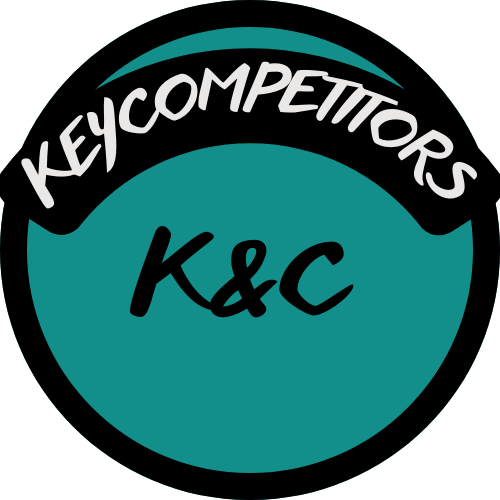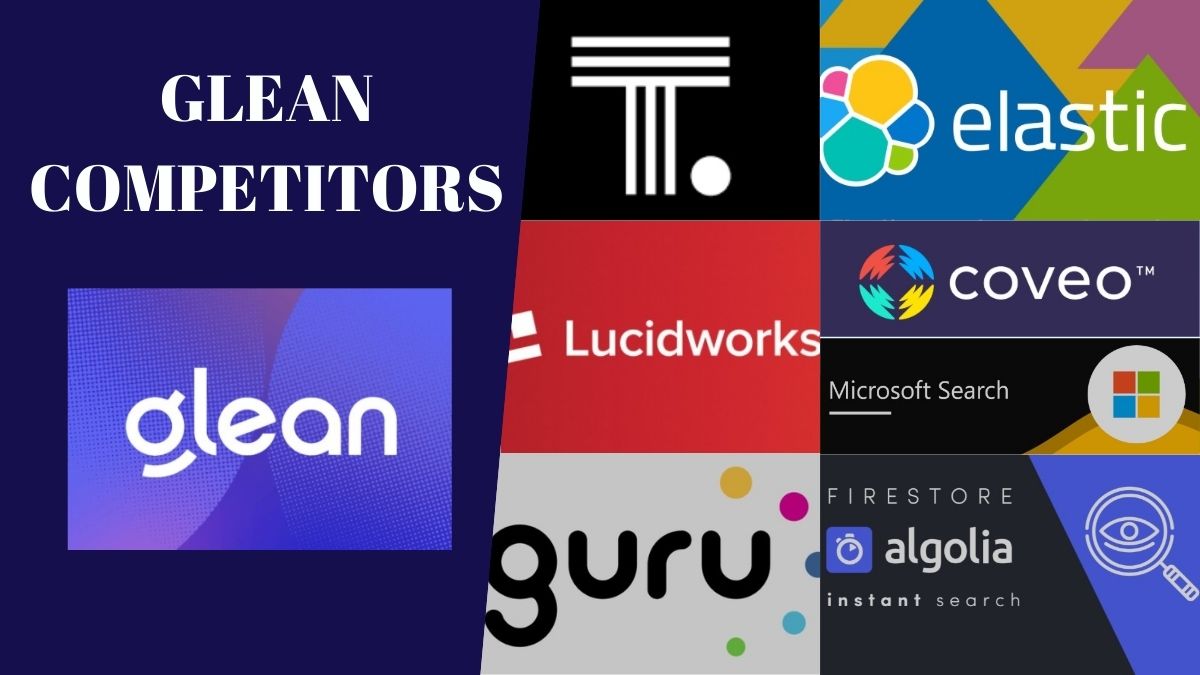Introduction
This detailed analysis of Glean competitors explores the competitive landscape of enterprise search solutions, where Glean is rapidly gaining recognition as a powerful AI-driven platform. Enterprise search tools are essential for organizations looking to unlock the value of their internal data, improve knowledge discovery, and enhance employee productivity. However, Glean operates in a highly competitive market filled with established players, innovative startups, and AI-powered solutions. Understanding the strengths and weaknesses of Glean competitors is crucial for businesses seeking the perfect enterprise search solution tailored to their needs.
Glean and The Enterprise Search Arena
The enterprise search market has grown significantly in recent years, driven by the increasing demand for tools that help organizations streamline access to information across various systems and applications. Glean is one such tool, designed to provide employees with quick and efficient access to company data by leveraging cutting-edge technologies like natural language processing (NLP) and machine learning (ML).
But Glean isn’t alone in this space. Numerous Glean competitors offer similar or complementary solutions, each with its own unique features and focus areas. From open-source search engines to AI-powered knowledge management platforms, the enterprise search arena is dynamic and diverse. Let’s take a closer look at how Glean stacks up against its competitors and what sets each solution apart.
Key Glean Competitors
Here are some of the most notable Glean competitors, categorized by their focus, technology, and target audience:
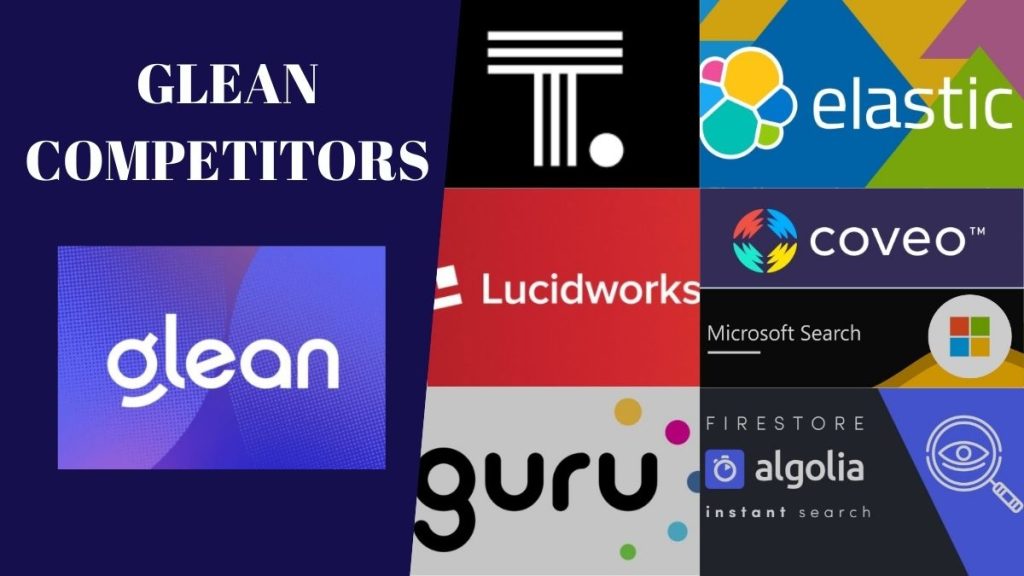
Company Overview
| Feature | Glean | Coveo | Elastic | Guru | Lucidworks | Microsoft Search | Algolia | ThoughtSpot |
| Founded | 2019 | 2005 | 2012 | 2013 | 2007 | Various Microsoft integrations over time | 2012 | 2012 |
| Founder(s) | Arvind Jain (ex-Google) | Laurent Simoneau, Richard Tessier | Shay Banon | Rick Nucci & Mitchell Stewart | Jacobo Carreras, Will Hayes, Martin Huddart | Microsoft leadership team | Nicolas Dessaigne, Julien Lemoine | Ajeet Singh, Amit Prakash |
| Mission | To make knowledge accessible and useful for every employee. | To empower people with relevant information and recommendations in every interaction. | To help people explore and analyze data in new ways. | To empower everyone with the knowledge they need to do their best work. | To deliver AI-powered search solutions that connect employees with the knowledge they need. | To organize the world’s information and make it universally accessible and useful (including enterprise search). | To make search fast, scalable, and developer-friendly. | To make data actionable and empower decision-making. |
| Key Technology | AI, Machine Learning, Natural Language Processing | AI, Machine Learning, Unified Indexing | Elasticsearch (open-source search engine) | AI, Knowledge Graph, Machine Learning | AI, Search & Discovery, Customizable Applications | Microsoft Graph, AI-powered search algorithms | AI, Search-as-a-Service | AI, Natural Language Queries, Data Visualization |
| Target User | Employees in large organizations, knowledge workers | Employees and customers in various industries | Developers, enterprises needing scalable search solutions | Teams seeking to improve internal knowledge sharing | Large enterprises, e-commerce businesses, and organizations needing AI-powered search | Microsoft 365 users, organizations using Microsoft ecosystem | Developers, e-commerce businesses | Business leaders, analysts, and decision-makers |
| Primary Use Case | Internal knowledge search, finding information across company apps | Enterprise search, website search, e-commerce search, customer support | Application search, website search, log analysis, data exploration | Internal knowledge search, knowledge base management, onboarding new employees | Enterprise search, workplace search, e-commerce search, customer experience | Search within Microsoft 365, enterprise search, SharePoint search | Website and app search, e-commerce search | Data exploration, business intelligence, actionable insights |
| Pricing Model | Subscription, varies based on features and users | Subscription, varies based on features and usage | Open-source (Elasticsearch), commercial subscriptions for additional features | Subscription, varies based on features and users | Subscription, varies based on features and usage | Included with Microsoft 365 or available separately | Subscription-based pricing | Subscription-based pricing |
Strengths and Weaknesses of the Glean Competitors
Glean
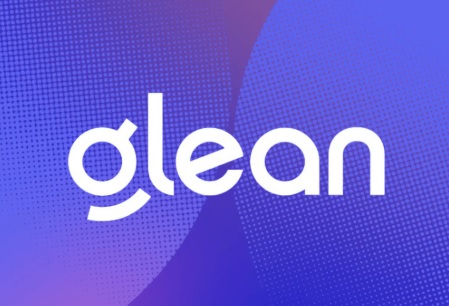
- Strengths:
- AI-powered search that understands user intent and delivers highly relevant results.
- Seamless integrations with popular enterprise apps like Slack, Google Workspace, and Microsoft 365.
- User-friendly interface designed to improve employee productivity.
- Weaknesses:
- Relatively new entrant in the market with a smaller team compared to established competitors.
- Limited brand recognition compared to giants like Microsoft or Elastic.
Coveo
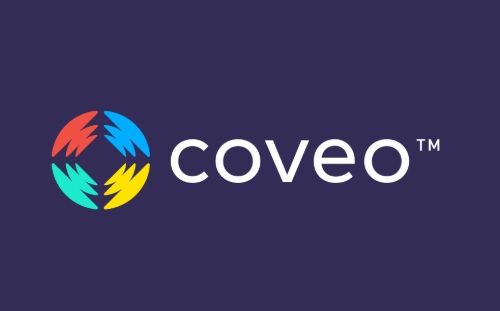
- Strengths:
- Unified indexing and AI-powered recommendations for personalized search results.
- Strong focus on customer experience and e-commerce search.
- Weaknesses:
- Higher pricing compared to some competitors, making it less accessible for smaller organizations.
Elastic
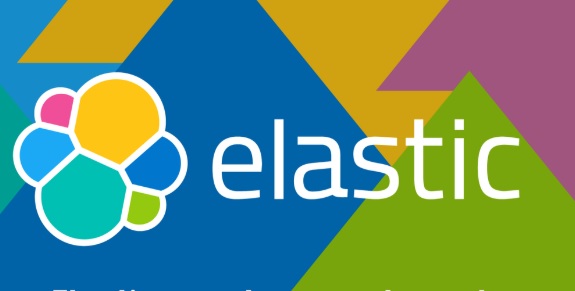
- Strengths:
- Open-source search engine with powerful scalability and flexibility.
- Ideal for developers and enterprises needing custom search solutions.
- Weaknesses:
- Requires technical expertise for implementation and management.
- Can be complex for non-technical users.
Guru
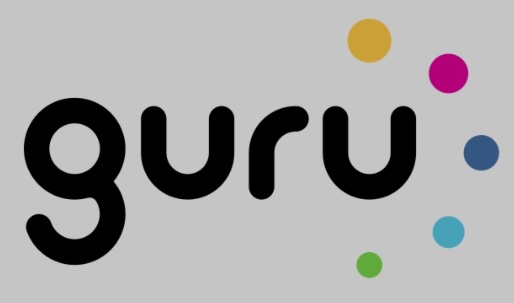
- Strengths:
- Focus on internal knowledge sharing and onboarding processes.
- AI-powered knowledge suggestions that integrate well with collaboration tools like Slack.
- Weaknesses:
- Limited functionality for comprehensive enterprise search.
- May not be suitable for organizations needing large-scale data exploration.
Lucidworks
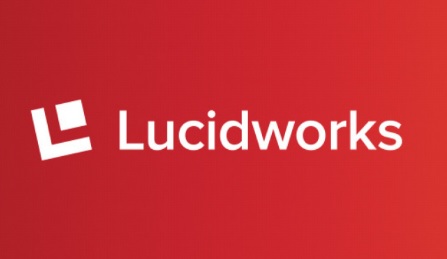
Glean Competitors: Lucidworks
- Strengths:
- Highly customizable search applications with AI-driven discovery.
- Flexible security management for enterprise environments.
- Weaknesses:
- Complex implementation process.
- Pricing may be prohibitive for smaller organizations.
Microsoft Search
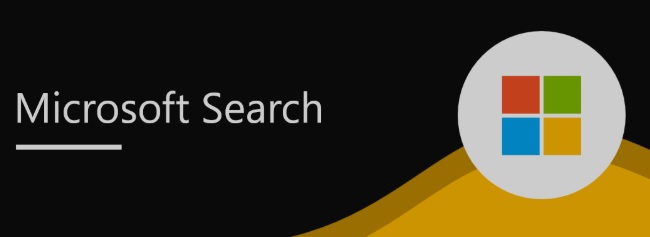
Glean Competitors: Microsoft Search
- Strengths:
- Tight integration with Microsoft 365, making it a natural choice for organizations using Microsoft products.
- Growing set of AI-powered search capabilities.
- Weaknesses:
- Limited functionality outside the Microsoft ecosystem.
- Less customizable compared to standalone enterprise search solutions.
Algolia
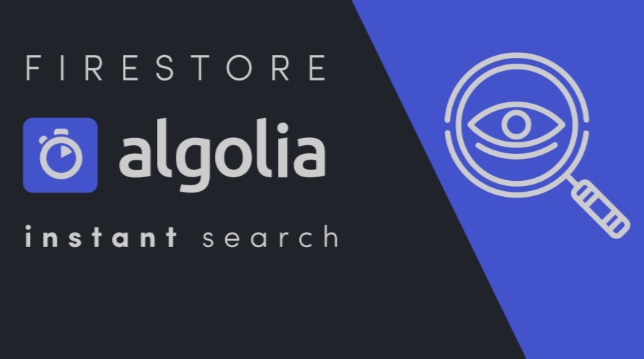
Glean Competitors: Algolia
- Strengths:
- Developer-friendly search-as-a-service platform with fast and scalable search capabilities.
- Ideal for e-commerce businesses and app developers.
- Weaknesses:
- Focuses more on external search (e.g., websites, apps) than internal enterprise search.
ThoughtSpot
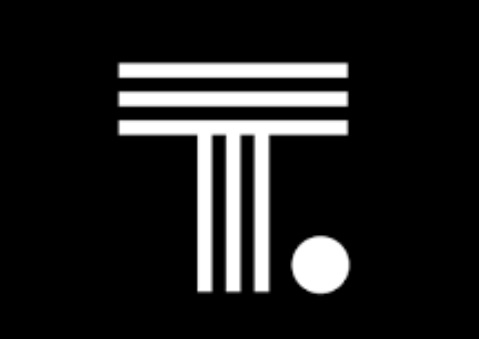
Glean Competitors: ThoughtSpot
- Strengths:
- AI-powered data exploration and visualization tools designed for business intelligence.
- Natural language queries for actionable insights.
- Weaknesses:
- Primarily focused on data analytics rather than traditional enterprise search.
Key Competitive Factors Between The Glean Competitors
When evaluating Glean competitors, organizations should consider the following factors:
- AI-Powered Search & Discovery: Platforms that leverage AI and machine learning to deliver relevant and personalized search results stand out in the enterprise search market.
- Integration Capabilities: Seamless integration with existing enterprise applications and workflows is critical for efficient knowledge discovery.
- Scalability and Performance: The ability to handle large datasets and provide fast, accurate search results is essential for enterprise environments.
- User Experience: Tools with intuitive interfaces and easy-to-use features encourage employee adoption and improve productivity.
- Knowledge Management Features: Solutions that go beyond search to include tools for knowledge capture, organization, and sharing offer added value.
Consumer Experiences and Preferences
Relevance and Accuracy
Users expect enterprise search tools to deliver highly relevant and accurate results that help them find the information they need quickly. AI-powered platforms like Glean excel in this area by understanding user intent and context.
Ease of Use
Employee adoption depends on user-friendly interfaces and intuitive search experiences. Tools like Glean, Guru, and Microsoft Search prioritize simplicity, making them accessible for users across all skill levels.
Integration
Seamless integration with enterprise applications like Slack, Microsoft 365, and Google Workspace is a key factor for organizations. Glean and Microsoft Search are particularly strong in this area.
AI Capabilities
AI-powered search and discovery features are becoming increasingly important for enhancing search relevance and personalization. Competitors like Coveo and Lucidworks lead the way in delivering advanced AI-driven solutions.
Scalability
Organizations with large datasets or growing user bases need scalable solutions like Elastic and Lucidworks, which can handle complex search requirements.
FAQs About Glean Competitors
Welcome to our FAQ section about Glean competitors! If you’re exploring enterprise search tools like Glean, you’re probably wondering how it stacks up against other options in the market. Don’t worry—we’ve got you covered! Let’s dive into the most common questions and help you navigate this exciting world of AI-powered search solutions.
What are Glean competitors?
Great question! Glean competitors are other enterprise search platforms that offer similar features to Glean. These tools help businesses improve knowledge discovery, streamline access to internal data, and boost employee productivity.
Some popular competitors include Elastic, Coveo, Guru, Lucidworks, Microsoft Search, and Algolia. Each of these has its own unique approach to solving enterprise search challenges.
How does Glean compare to its competitors?
Glean is known for its AI-powered search capabilities and user-friendly interface. It’s designed to help employees quickly find information across various apps and data sources, like Slack, Google Workspace, and Microsoft 365.
While Glean focuses on internal knowledge search, some competitors—like Elastic and Coveo—offer broader solutions for website search, customer support, and e-commerce. Others, like Guru, specialize in knowledge sharing and onboarding, making them ideal for teams looking to improve collaboration.
Which Glean competitor is best for developers?
If you’re a developer or need a highly customizable platform, Elastic is a standout choice. Elastic’s open-source search engine, Elasticsearch, is incredibly powerful and scalable. It’s perfect for building tailored search solutions for applications, websites, and even log analysis.
That said, Elastic requires some technical expertise to set up and manage, so it’s best suited for teams with strong developer resources.
What makes Coveo different from Glean?
Coveo is another big name in enterprise search, but it focuses heavily on personalization and recommendations. It’s great for e-commerce businesses, customer support teams, and organizations looking to deliver tailored search experiences to their users.
While Glean shines in internal knowledge search, Coveo goes beyond to offer robust tools for external-facing search needs, like website and customer interaction search. If personalization is a priority, Coveo might be worth exploring.
Is there a Glean competitor focused on knowledge management?
Absolutely! Guru is a fantastic alternative if your main goal is to improve internal knowledge sharing and management. Guru helps teams organize and access their collective knowledge, making it easier to onboard new employees and keep everyone on the same page.
Unlike Glean, which focuses on searching across multiple apps, Guru specializes in creating a centralized knowledge base. If collaboration and knowledge sharing are your top priorities, Guru could be a great fit.
What about Glean competitors for Microsoft users?
If your organization uses Microsoft products like Microsoft 365 or SharePoint, then Microsoft Search is a natural choice. It’s tightly integrated with the Microsoft ecosystem, making it easy to search for documents, emails, and other data within your organization.
While Microsoft Search is powerful within its own ecosystem, it may not be as flexible or customizable as Glean, which integrates with a wider range of apps.
Are there any Glean competitors for e-commerce businesses?
Yes, there are! Lucidworks and Algolia are excellent options for e-commerce businesses. Lucidworks offers AI-driven search solutions that enhance the customer experience, while Algolia is known for its fast and scalable search-as-a-service platform, ideal for websites and apps.
If your focus is on improving the search experience for customers rather than employees, these two platforms might be better suited to your needs.
Can Glean competitors improve my team’s productivity?
Absolutely! Most Glean competitors are designed to help teams work smarter and faster. For example:
- Glean uses AI to deliver relevant search results quickly, saving employees time.
- Guru makes it easier to access shared knowledge, reducing time spent searching for answers.
- Lucidworks and Coveo offer personalized search experiences, ensuring users find exactly what they need.
No matter which platform you choose, the goal is the same: to make finding information easy and efficient.
Do Glean competitors offer AI-powered search?
Yes, many of them do! AI-powered search is a common feature among enterprise search platforms. Here’s a quick breakdown:
- Glean: AI-powered search with natural language processing to understand user intent.
- Coveo: AI-driven recommendations and relevance tuning.
- Lucidworks: AI-powered search and discovery with customizable applications.
- Microsoft Search: AI-enhanced search within the Microsoft ecosystem.
- Guru: AI-powered knowledge suggestions to help teams access the right information.
AI is a game-changer in enterprise search, making tools smarter and more personalized.
Are Glean competitors easy to use?
Ease of use varies depending on the platform. Glean is known for its user-friendly interface, making it accessible even for non-technical users.
Similarly, Guru and Microsoft Search are designed to be intuitive and easy to adopt. On the other hand, platforms like Elastic and Lucidworks may require more technical expertise, especially during setup and customization.
If simplicity is important to you, Glean and Guru are great options to consider.
Which Glean competitor is best for large enterprises?
For large enterprises, scalability and integration are key factors. Here are some top choices:
- Lucidworks: Ideal for organizations needing scalable search solutions across multiple departments.
- Elastic: Perfect for enterprises with technical teams that can customize search functionality.
- Microsoft Search: Seamlessly integrates with Microsoft tools, making it a great fit for enterprises already using Microsoft products.
Glean also works well for large organizations, especially those looking for a simple yet powerful AI-driven search tool.
Are Glean competitors affordable?
Pricing varies widely among Glean competitors. Some platforms, like Elastic, offer open-source options that are free to use but may require paid subscriptions for advanced features. Others, like Coveo and Lucidworks, use subscription-based pricing that can be more expensive, especially for larger organizations.
Glean’s subscription pricing is competitive, but the right choice depends on your budget and the features you need. Always compare pricing models before making a decision!
How do I choose the right Glean competitor for my organization?
Choosing the right platform depends on your goals. Here’s a quick guide:
- If you need internal knowledge search, Glean or Guru are great options.
- For e-commerce search, Lucidworks or Algolia are worth considering.
- If you need a developer-friendly platform, Elastic is an excellent choice.
- For organizations using Microsoft tools, Microsoft Search is a natural fit.
- If personalization is your priority, Coveo is a strong contender.
Take some time to evaluate your needs, and don’t hesitate to try out demos or free trials to see which platform works best for you.
Are Glean competitors safe to use?
Yes, most Glean competitors prioritize security and data privacy. Platforms like Elastic, Lucidworks, and Microsoft Search use encryption and robust security measures to protect your data.
Always review a platform’s security features and privacy policies before signing up to ensure your organization’s information is safe.
Final Thoughts
The enterprise search market is full of exciting options, and Glean competitors offer a wide range of features to meet different needs. Whether you’re looking for AI-powered search, knowledge management, or e-commerce solutions, there’s a platform out there for you.
Take your time to explore your options, consider your organization’s priorities, and choose a solution that empowers your team to be more productive and efficient. And remember—there’s no one-size-fits-all answer, so don’t hesitate to test out a few platforms before making your final decision! 😊
Conclusion
The enterprise search market is dynamic and competitive, with a wide range of solutions catering to different organizational needs. Glean is a promising contender, offering AI-powered search capabilities and seamless integrations designed to improve employee productivity. However, it faces stiff competition from established players like Elastic, Coveo, and Microsoft Search, as well as innovative platforms like Guru, Lucidworks, Algolia, and ThoughtSpot.
Choosing the right enterprise search solution depends on factors like budget, existing IT infrastructure, and organizational priorities. By understanding the strengths and weaknesses of Glean competitors, businesses can make informed decisions to empower their employees and unlock the full potential of their internal data. If you liked this review, you can also review our article on technology posts here.
